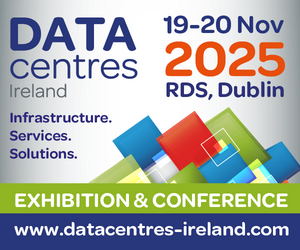
Companies struggling to balance sustainability efforts with power demands of generative AI
A new report from Pure Storage has found that companies are struggling to meet sustainability goals in the wake of infrastructure upgrades required to handle to new computing demands of generative AI (GenAI).
The survey of 500 IT buyers at companies of with more than employers across the US and Europe found that while 89% of respondents found ESG goals more difficult to meet, 60% of those who have already adopted AI technologies (or plan to in the next 12 months) have or plan to invest in more energy-efficient hardware to meet them.
Such investment will come at significant cost to some organisations. More than a quarter (29%) of IT buyers said AI has or will require a complete overhaul of their infrastructure. Among specific upgrades mentioned were data management tools (48%), data management processes (46%), and data storage infrastructure (46%).
Just under three-quarters of respondents (73%) said they were not completely prepared for the energy requirements of AI.
It’s a real problem for organisations that have implemented AI solutions. Some 88% of those who have adopted AI, the need for computing power is up dramatically with nearly half (47%) having to double their computing power.
“Planning for change and ensuring flexibility are key to navigating AI adoption. As power and data demands increase exponentially in the age of AI, investing in and deploying the right AI-ready data infrastructure is not only essential to effective deployment and energy efficiency, but to driving the most value out of AI projects,” said Rob Lee, chief technology officer, Pure Storage.
“[This] report offers important insights for IT leaders on both the consequences of failing to plan for the changes required to implement AI, as well as the benefits of being prepared for AI’s impact on infrastructure.”
The survey spells bad news for Ireland, which has committed to achieving a 51% reduction in green house gas emissions from 2021 to 2030, and to achieving net-zero emissions no later than 2050 in line with the European Climate Law. Figures from the Environmental Protection Agency, however, show Ireland’s emissions actually increased by 4.7% in 2021. The advent of balancing the demands of GenAI while managing strain on the national grid – let aone making savings on the amount of power used – will be closely viewed at international level.
TechCentral Reporters







Subscribers 0
Fans 0
Followers 0
Followers